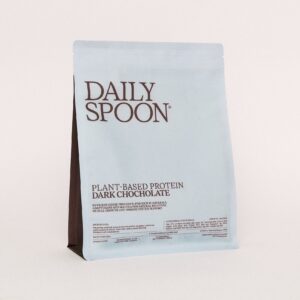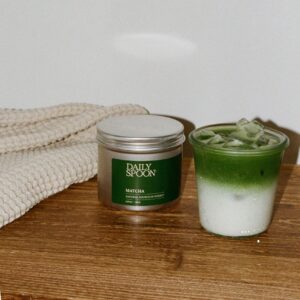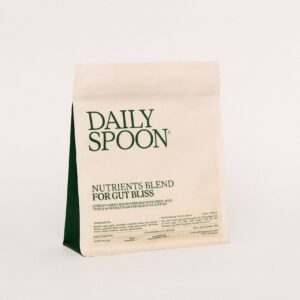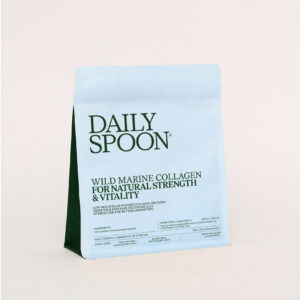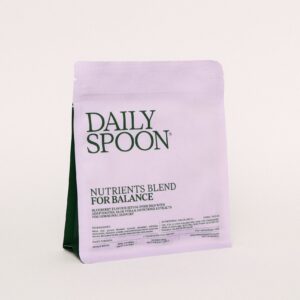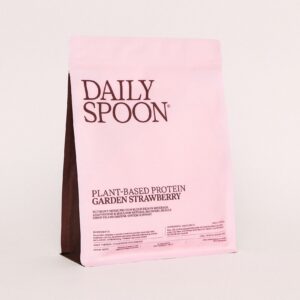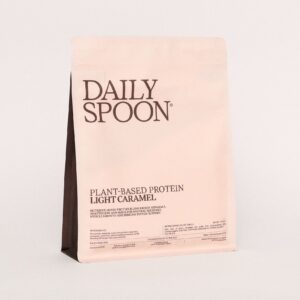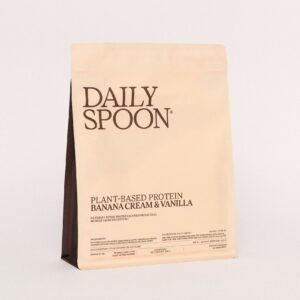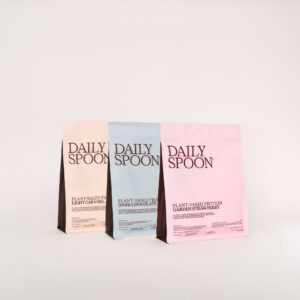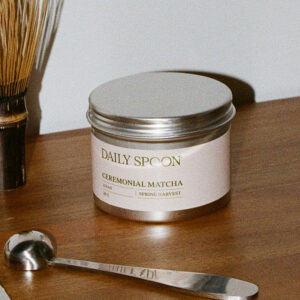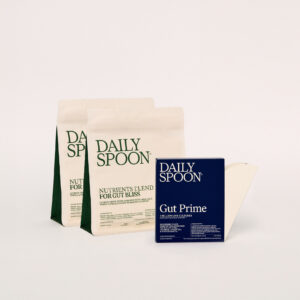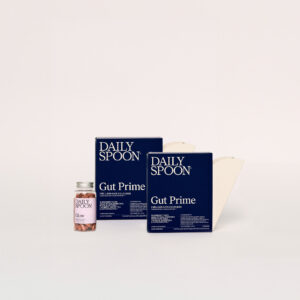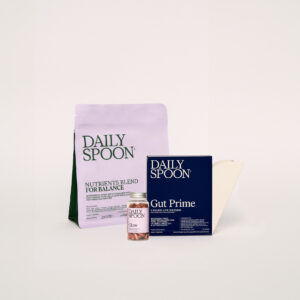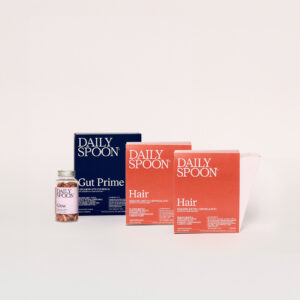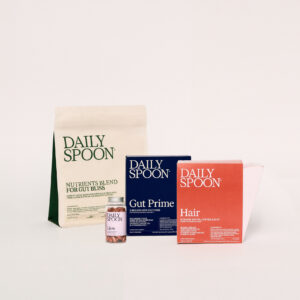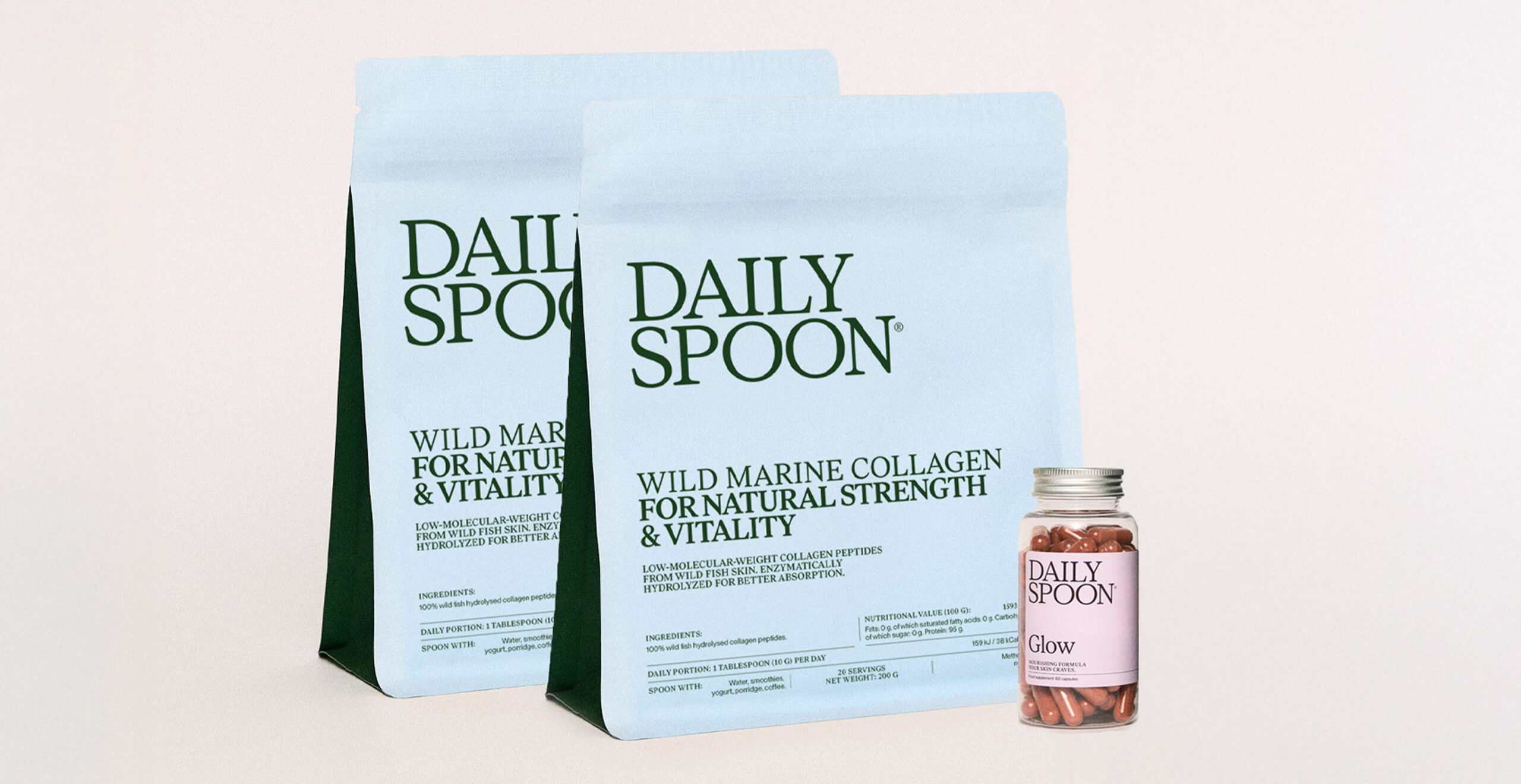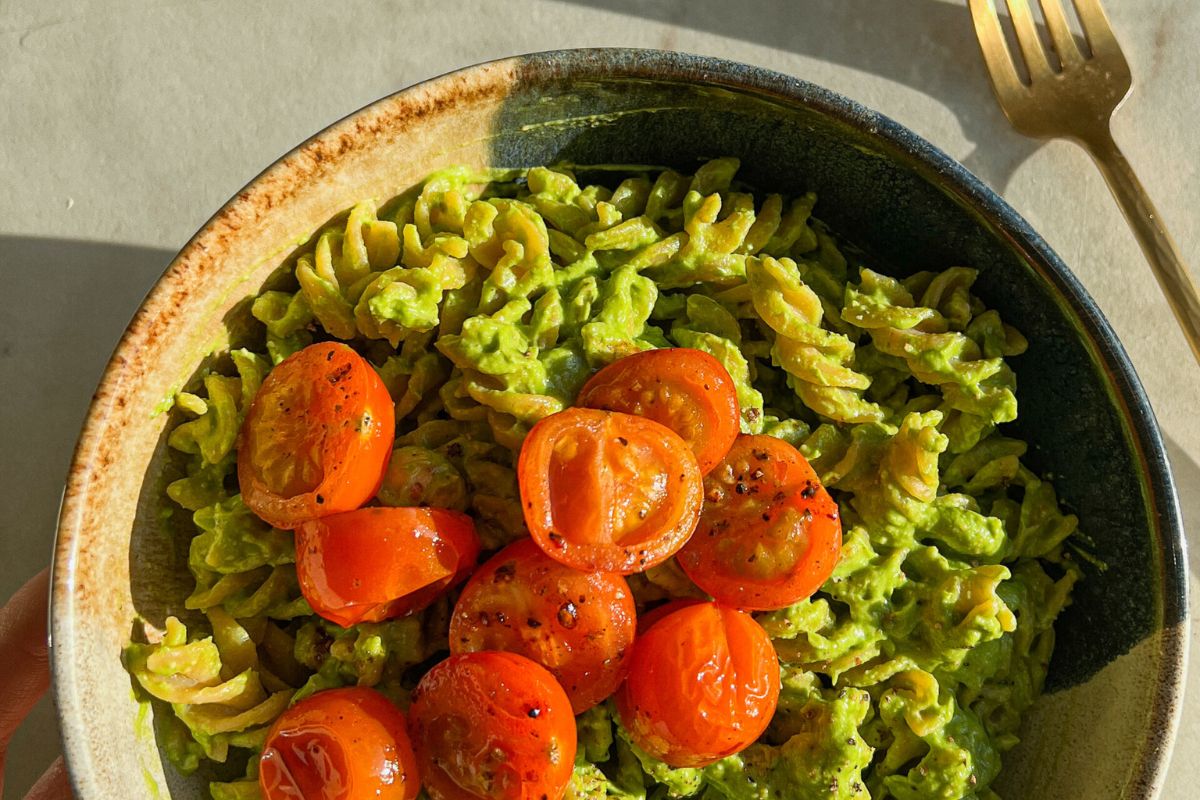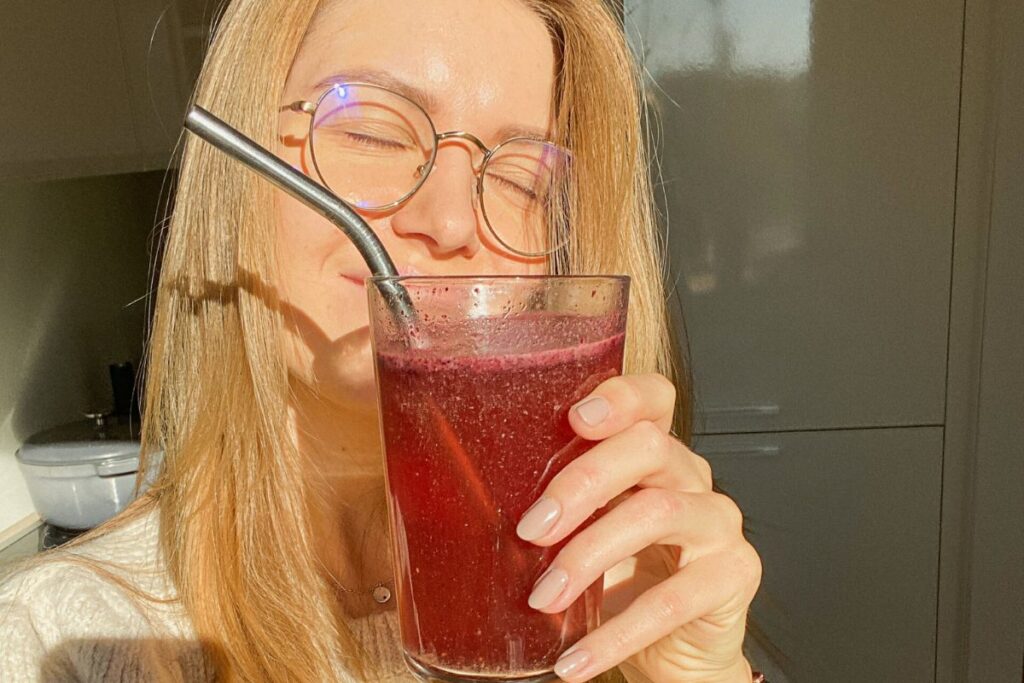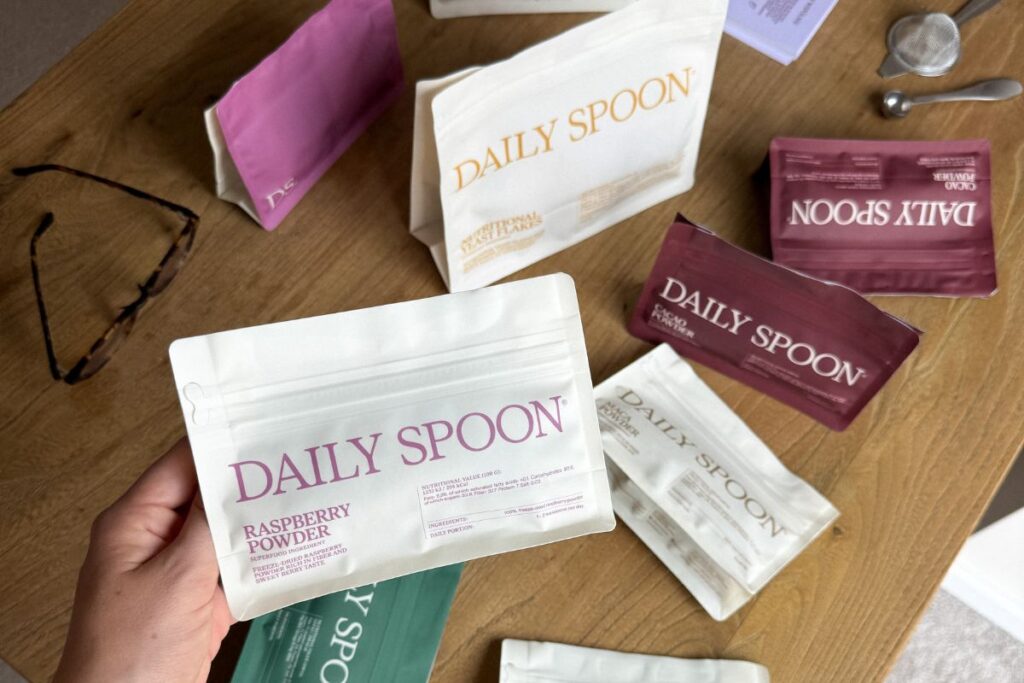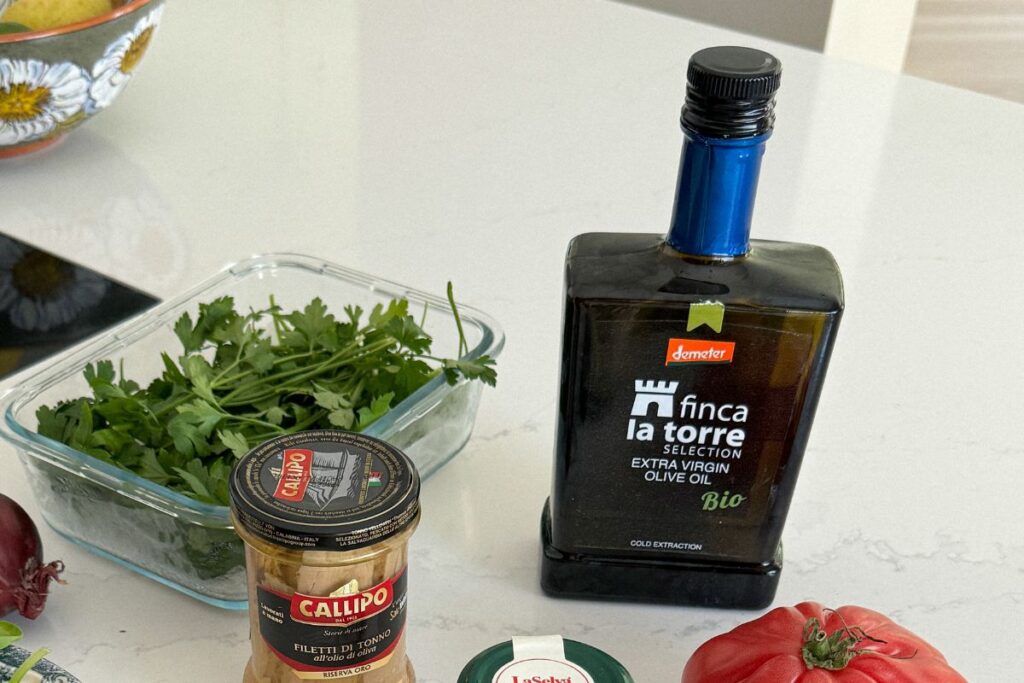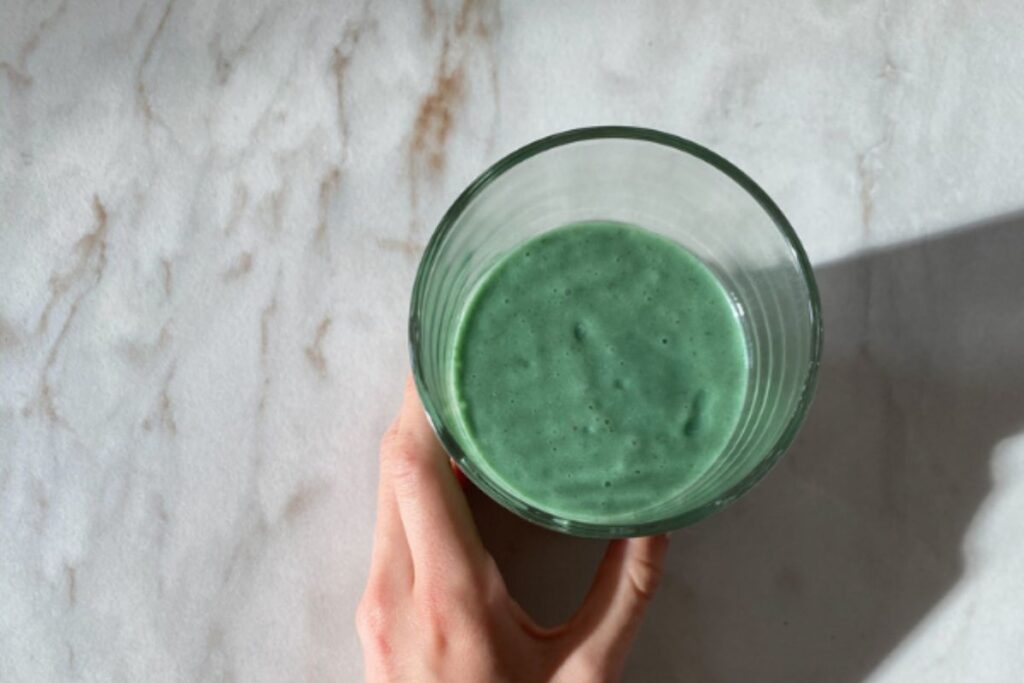We live in an era of labeling: vegan, vegetarian, omnivore, lactose-free, gluten-free, keto. With so much information and different diets, it’s tempting to label everything and try to figure out what’s good or bad. Often, these labels come with unwanted comments and judgments about each other’s eating habits.
Like in many areas, nutrition has its gray zone, and dividing foods into healthy or unhealthy, in my opinion, doesn’t foster a good and balanced relationship with food. Instead of praising some foods while demonizing others, it might be better to focus on their nutritional value. Viewing food through the lens of nutrition has helped me develop a warm relationship with food and achieve my desired results. Here are some benefits of this approach.
Encourages a positive relationship with food
Evaluating foods based on their nutritional value fosters an attitude of nurturing and nourishing your body. By focusing on the fiber, antioxidants, and vitamins in fruits and vegetables, we understand that eating them not only satisfies hunger but also fuels our body and supports its vital functions. This positive relationship encourages us to be more mindful of our food choices.
This approach doesn’t restrict you
Nutritional value isn’t about black or white. Some foods are more nutritious, others less so. For example, if you eat pasta that’s low in nutrients, you can make the meal healthier by adding vegetables and beans. In my opinion, this is a better alternative than strictly limiting less nutritious foods in your diet. Also, when people don’t feel like they’re giving something up, they’re more likely to stick to these habits.
Viewing food through the lens of nutrition has helped me build a positive relationship with food and achieve my desired results.
Helps achieve results
Getting enough protein, healthy fats, and fiber in your diet leads to great improvements in how you feel. You can ensure adequate intake by focusing on the nutritional value of foods. For example, if you eat an egg (protein) and avocado (healthy fats) for breakfast, you might want to have more vegetables at lunch to get fiber and carbohydrates. This approach doesn’t require much time or effort—just basic knowledge about the nutritional value of foods.
Daily Spoon and Nutrition
The pursuit of nutrition is the foundation of Daily Spoon’s mix creation. We always emphasize that our mixes are an additional help to enrich your diet with highly nutritious ingredients known for their specific benefits—but they are not food substitutes or magic pills. Simply natural ingredients that, when used regularly, can bring excellent results.
Daily Spoon was born out of a desire to offer a different kind of healthy lifestyle product in Lithuania—one without empty promises or miraculous slimming teas, but based on science and designed to help you glow and feel good.
Radvilė
Founder of Daily Spoon

